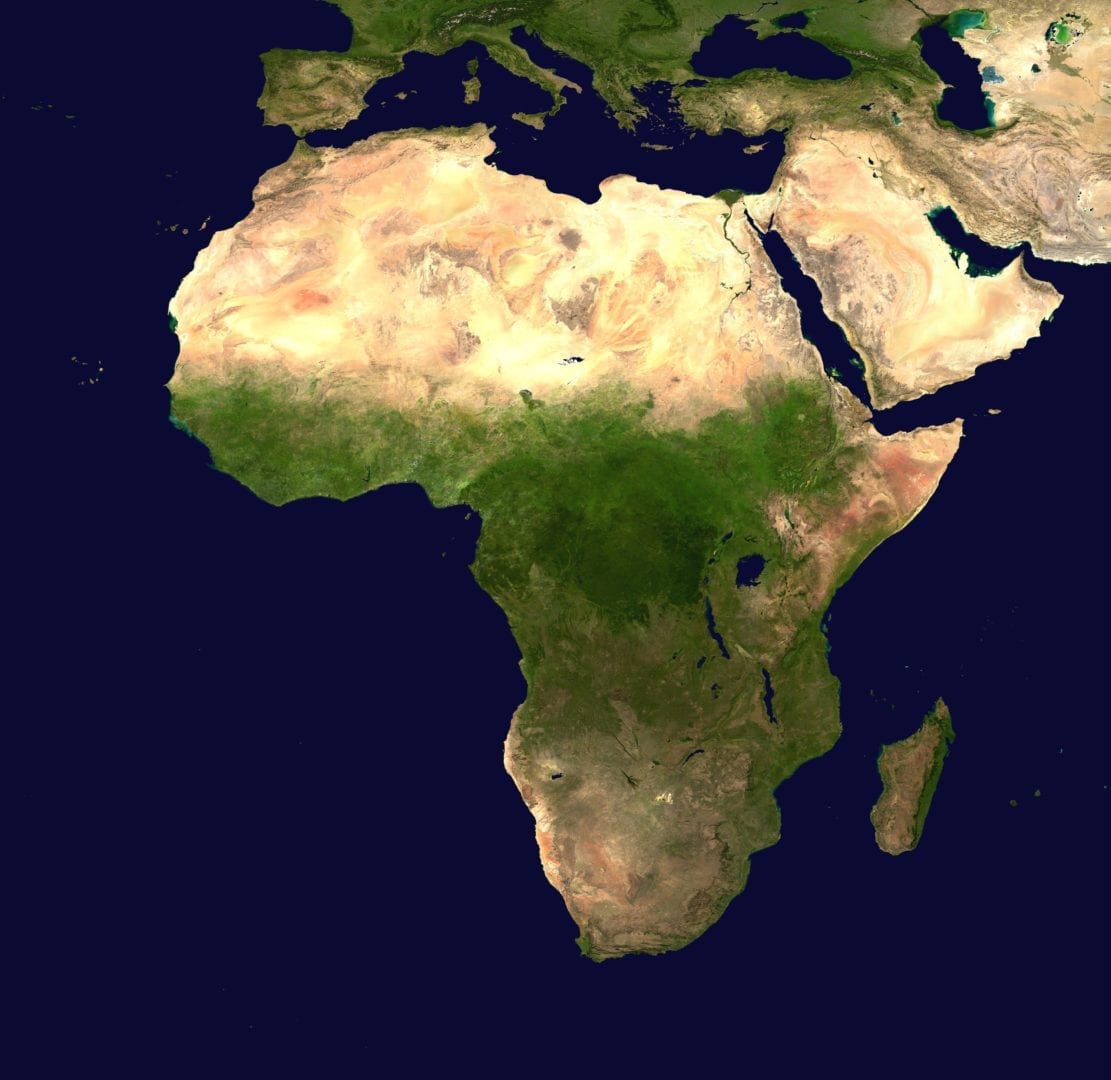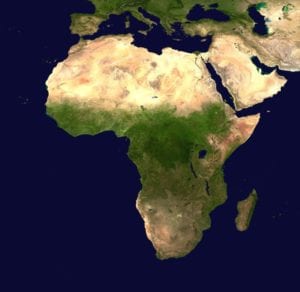 If African countries embrace the adoption of digitalisation even more, Africa could potentially benefit R4 trillion by 2026. This is according to global technology firm Siemens.
If African countries embrace the adoption of digitalisation even more, Africa could potentially benefit R4 trillion by 2026. This is according to global technology firm Siemens.
The tech company released its first ever report on Monday, which stated that South Africa was in a position to benefit the most from an increase in digitalisation.
African countries have adopted different levels of digitalisation which were recorded by Siemens in the 2017 African Digitalisation Maturity Report. Countries that were analysed included South Africa, Nigeria, Kenya and Ethiopia.
Focus was placed on the adoption of digitalisation in the transport, manufacturing and energy sectors, and honed in on the digital environment, infrastructure, skills and digital literacy within these sectors.
SA ranks highest
South Africa ranked the highest in all categories.
The report indicated that it was the country most likely to reach digital maturity first, followed by Kenya, Nigeria and Ethiopia.
South Africa was also first on economic maturity, with a score of 43 points out of 100, followed by Kenya (33), Ethiopia (26) and Nigeria (18).
South Africa claimed the top spot in the digital environment at 60 points, followed by Kenya (55), Nigeria (46) and Ethiopia (27).
South Africa was said to have the best ICT infrastructure, with 82 points, followed by Nigeria (49), Kenya (44) and Ethiopia (33).
South Africa’s digital literacy ranked the highest with 53 points, then Kenya (38) and Nigeria (35) and Ethiopia (20).
How SA compete in the digital age
South Africa has a good chance of competing in the digital age by implementing policy and creating an environment that promoted the sharing of knowledge. This was the view of Sabine Dall’Omo, chief executive of Siemens Southern and Eastern Africa.
She said that one need only look at the impact of cellphone technology and smartphones in Africa to see how innovation can leapfrog older technologies “at an almost breathtaking speed”.
However, Dall’Omo also noted that although digital advances had been made in Africa, infrastructure gaps remained. She said the sooner the gaps could be minimised, the more capital would be available to invest in a greater adoption of digitalisation.
 If African countries embrace the adoption of digitalisation even more, Africa could potentially benefit R4 trillion by 2026. This is according to global technology firm Siemens.
If African countries embrace the adoption of digitalisation even more, Africa could potentially benefit R4 trillion by 2026. This is according to global technology firm Siemens.





